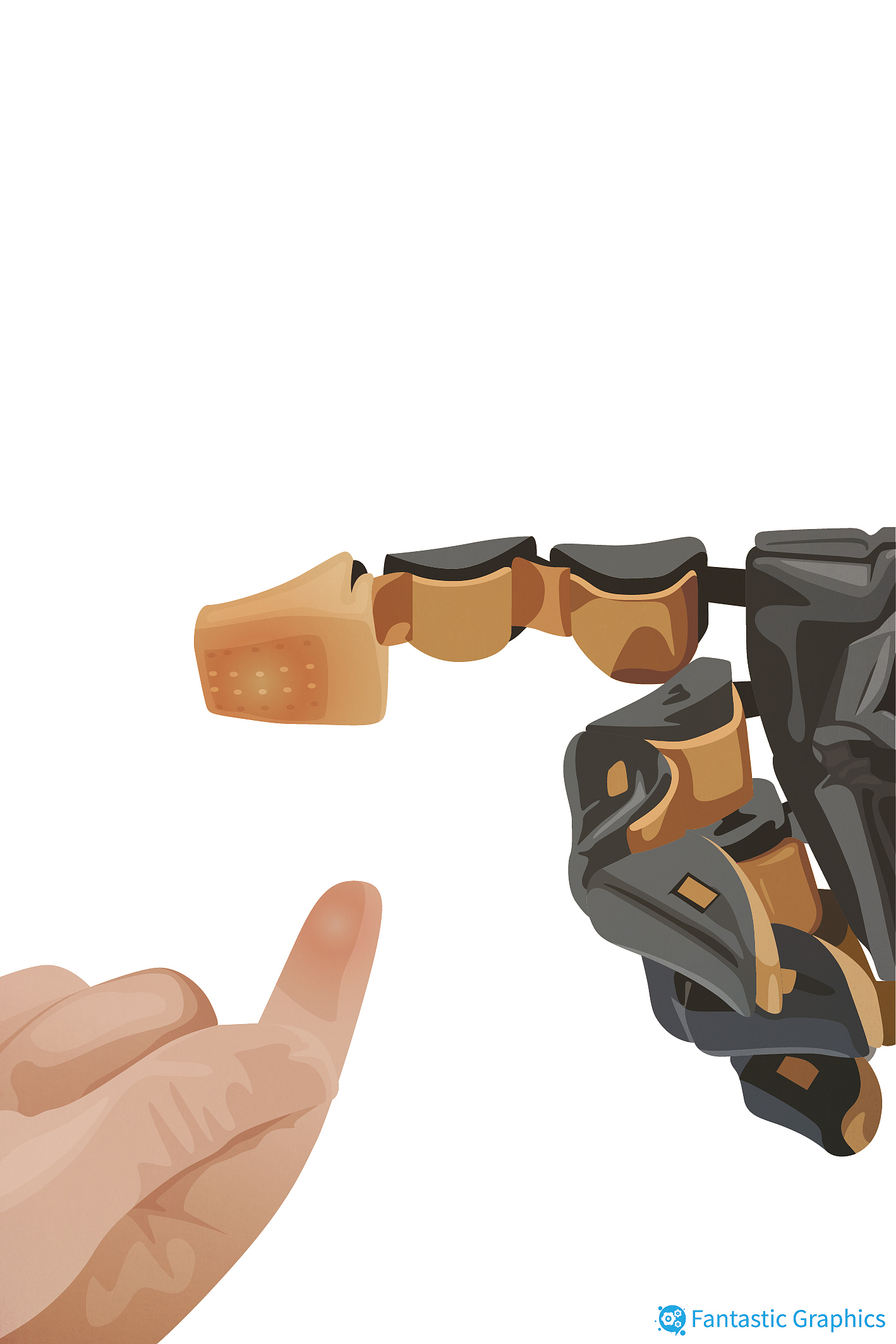3D Bio-inspired E-skin a World First

PHOTO: VCG
By Staff Reporters
A team at Tsinghua University has developed a new type of electronic skin with a bionic 3D architecture — a world first.
The electronic skin can simultaneously decode and sense three mechanical signals — pressure, friction, and strain at a physical level. Its perception resolution for pressure positions is approximately 0.1 millimeters, approaching the level of real skin.
It is essentially a new type of sensor that mimics the perceptual function of human skin. Composed of "epidermis," "dermis," and "subcutaneous tissue," the texture of each layer resembles that of the corresponding layers in human skin.
Within a piece of electronic skin as small as the tip of an index finger, there are 240 densely distributed metal sensors. Each sensor is only two to three hundred micrometers in size.
When the electronic skin comes into contact with external objects, its multiple sensors work together to collect signals. These signals undergo a series of transmission, extraction, and processing, combined with deep learning algorithms, enabling the electronic skin to accurately perceive the hardness and shape of objects.
In the future, this electronic skin can be installed on the fingertips of medical robots for early medical diagnosis and treatment. It can also be attached to human skin like a bandage to monitor health data such as blood oxygen and heart rate in real-time.
This electronic skin demonstrates a wide range of application prospects in various fields such as industrial robots, biological detection, biomedical applications, and human-computer interaction.







